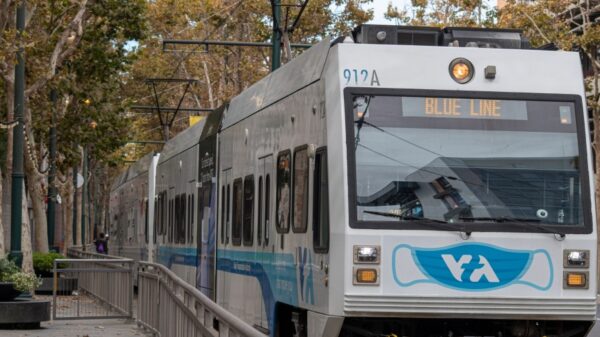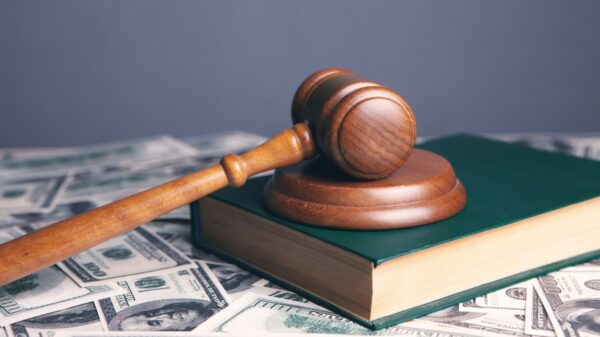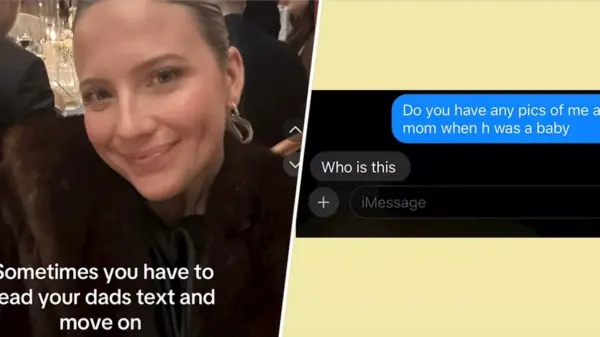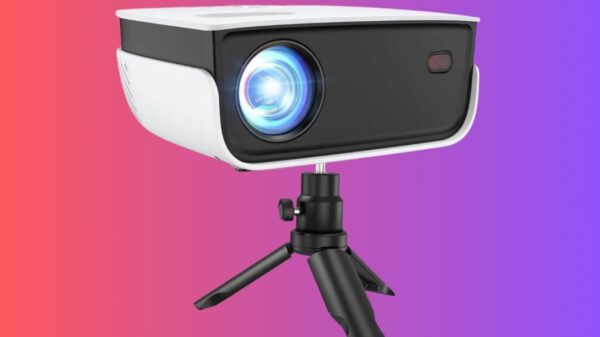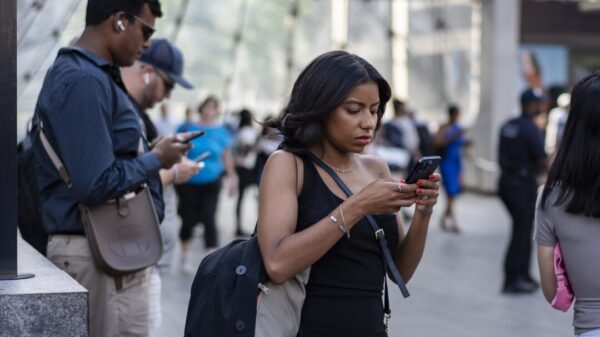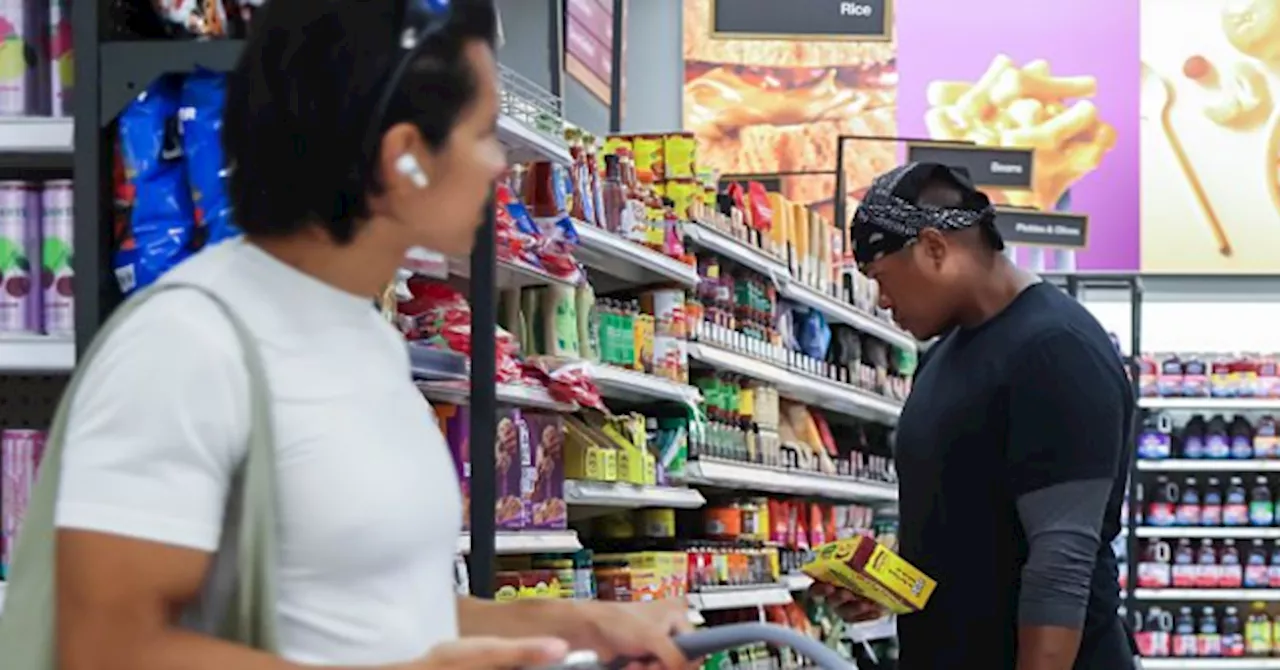The United States Department of Justice has filed a lawsuit against Uber, seeking $125 million in damages, alleging that the ride-hailing service discriminates against passengers with disabilities. The lawsuit claims that Uber’s practices violate the Americans with Disabilities Act (ADA) by failing to provide equitable access for individuals who require assistance.
According to the Justice Department, Uber’s operational model has resulted in systemic barriers for disabled riders. The lawsuit highlights instances where drivers have refused to transport passengers with mobility aids, such as wheelchairs, and where the company’s app does not adequately accommodate riders with disabilities.
The lawsuit was officially announced on March 15, 2024, and marks a significant legal challenge for Uber, which has faced scrutiny regarding its treatment of disabled customers in the past. In a statement, the Justice Department emphasized the importance of ensuring that all individuals, regardless of their disabilities, have equal access to transportation services.
Uber has publicly denied the allegations, asserting that it is committed to inclusivity and accessibility for all riders. The company points to various initiatives aimed at improving service for disabled passengers, including partnerships with organizations to enhance accessibility features in its app and training programs for drivers.
The legal action comes amidst growing advocacy for the rights of disabled individuals, who often face challenges when using transportation services. The Justice Department’s lawsuit seeks not only financial restitution but also changes to Uber’s policies and practices to ensure compliance with the ADA.
Disability rights advocates have welcomed the lawsuit as a necessary step towards holding Uber accountable. They argue that accessible transportation is essential for enabling independence and participation in society for people with disabilities.
As the case progresses, it may set a precedent for how ride-hailing companies address accessibility issues. The outcome could have significant implications not only for Uber but for the broader industry as it navigates the challenges of providing inclusive services.
The Justice Department’s efforts highlight the ongoing need for vigilance in enforcing civil rights and ensuring that businesses accommodate the needs of all customers. With the lawsuit filed, the focus will shift to how Uber will respond and whether changes will be implemented to better serve disabled riders.




